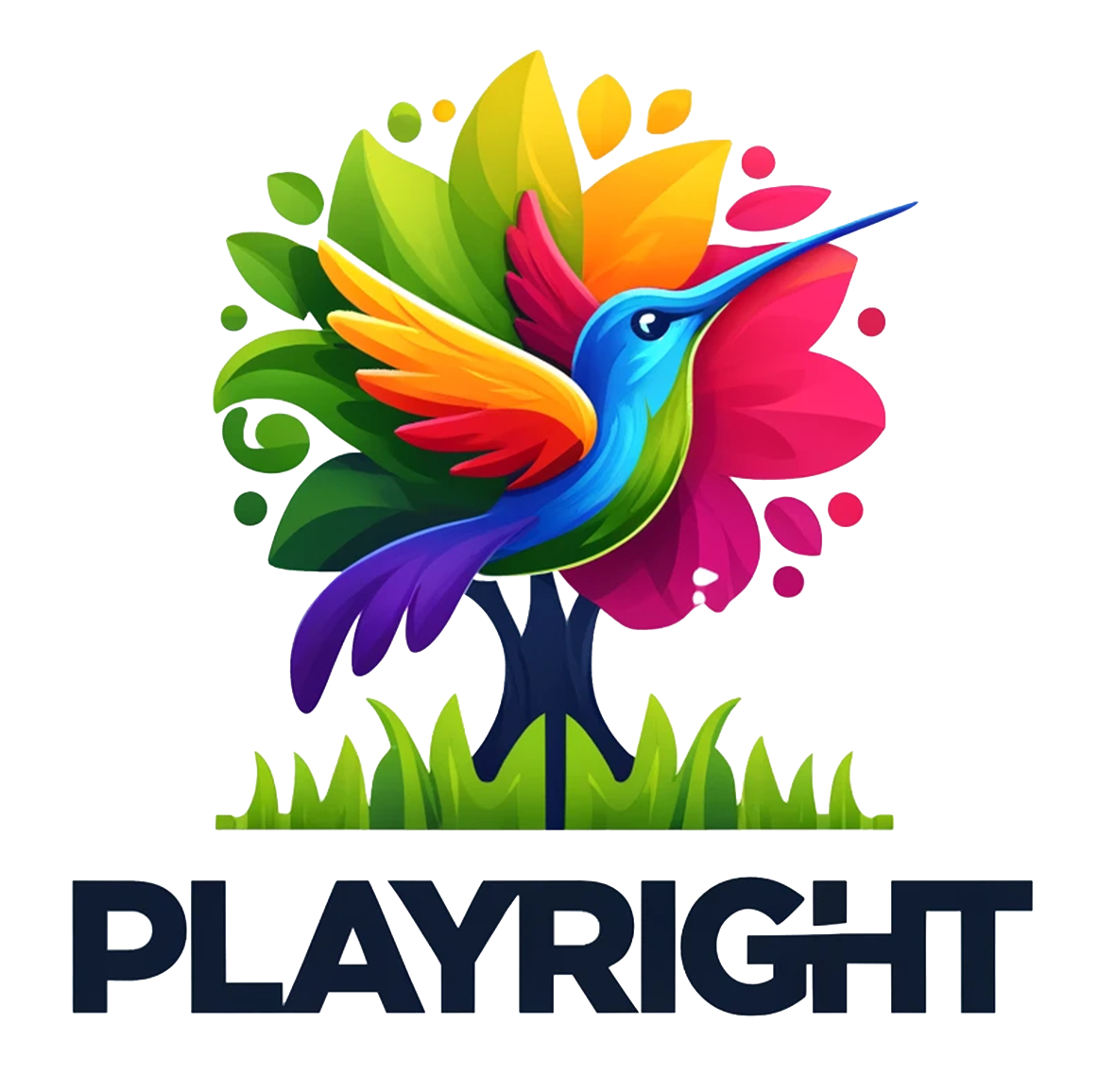What Does OT Look Like for My Older Child?
Occupational Therapy for preteens, teenagers, and young adults helps in the following ways.
Self Regulation
Pediatric OT is often associated with a gym-like environment that offers a place for kids to swing, crash, and bump on mats and jumbo pillows. This can be helpful in providing sensory input that a child may crave and need for their development. By adolescence, children start honing their logic and critical thinking skills. At Playright, we offer an inspiring, creative space for children to learn about themselves, gain insight and perspective on how to be mindful and regulated, and develop effective strategies for daily life.
When we talk about boosting focus, being more adaptable, switching tasks smoothly, controlling impulses, starting tasks, speaking up for yourself, and handling stress like a pro, we are delving into executive functioning, social thinking skills, and confidence to face challenges that each new stage of development inherently brings.
In occupational therapy, we dig into what's causing that feeling of being out of sync or stressed out. Perhaps it is feeling uneasy in social situations, struggling to concentrate, or getting overwhelmed by sensory input. Then, we work with each individual to figure out what activities help them stay in balance before they feel stressed and what actions can help regain balance when it has been disrupted. Just as resilience is important in young childhood, it is equally critical in adolescence and beyond. Occupational Therapy strives to promote both mental and physical well-being, so your teen can feel confident at home, school, or when hanging out with friends.
Social Skills
Adolescents often struggle with the complexities of making and maintaining friendships. It's not as easy as it was in the younger years, because the more mature mind is more aware of nuances, that they didn't notice when they were younger. Coupled with the fact that each adolescent matures at their own rate, and all are not on the same level of maturity, this can be a tumultuous time for many.
Having a guide to learn the intricacies and subtleties of successful social interaction can be a valuable asset. Most of us do not magically understand how to initiate or participate in small talk; accurately pick up on body language, tone of voice, and facial expressions, interpret sarcasm, and how to handle uncomfortable situations with difficult people. While the adolescent years are a time to practice and figure all this out, it is not always a smooth or even successful journey for many who struggle with sensory issues, learning challenges, social anxiety, or other individual differences.
As children spend more time glued to screens instead of having face-to-face chats, developing in-person social skills can feel awkward, which makes socializing even more difficult. If your child leans toward being more of a solo player but is being asked to be more social, investing in social skills now could be life-changing as they become adults.
Executive Functioning Skills
Time Management, Organization, Planning Ahead, Judgment, Decision making, Trouble Shooting, Problem Solving are all real-life representations of children transitioning from being cared for to being required to prove independence. This is often daunting for children and the source of much stress. OT can help children learn skills and create personal methodologies to tackle the influx of responsibility-oriented tasks.
Life Skills
The activities of daily life include personal hygiene and self-care, time management and planning, simple meal preparation, doing chores and other household responsibilities (making bed, doing laundry, cleaning), as well as interacting with consideration of family members. Life skills can also include money management, goal setting, education, leisure, and creative interests. We all have many roles in our daily lives, and learning to embrace these roles with positivity propels us and others toward meaningful living.
In the big picture of life, we want our children to grow into kind adults with purpose and meaning. Every parent wants their child to be healthy and happy. Knowing what defines healthy and happy is the most important step in this equation, and guiding others to discover what that means to them is an honor.
Please contact us at Playright to learn more about our facility and services.




















